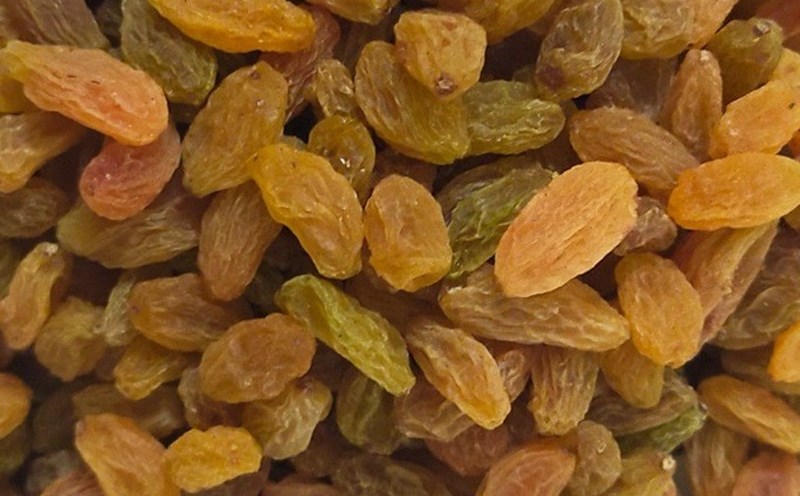Beetroot (also known as red radish) has long been known as a healthy food. One of its outstanding effects is its ability to enhance liver detoxification function, helping the body eliminate harmful substances effectively. Many scientific studies have proven that beetroot can support the liver in processing and eliminating toxins.
Beetroot contains many valuable compounds such as betalains, flavonoids and betaine. According to research from the University of Michigan Cancer Research Center (USA), betalains have strong antioxidant properties and protect liver cells from damage caused by free radicals. This helps reduce the risk of hepatitis and liver-related diseases. Betaine, another compound found in beetroot, has been shown to protect the liver and improve liver function. Betaine has the ability to reduce fatty liver mass, supporting the treatment of non-alcoholic fatty liver disease.
In addition, studies have also shown that beetroot stimulates bile production, helping to improve digestion and detoxification of the liver. Beetroot helps increase the excretion of toxins and supports the metabolism of nutrients, thereby reducing the burden on the liver in treating waste.
Other studies have also shown that beetroot has the effect of reducing inflammation levels in the body. Chronic hepatitis is one of the main causes of liver failure, and reducing inflammation can help slow the progression of the disease. Compounds in beetroot help reduce the risk of liver damage.
The above benefits show that adding beetroot to your daily diet can bring long-term health benefits to the liver and the whole body.











